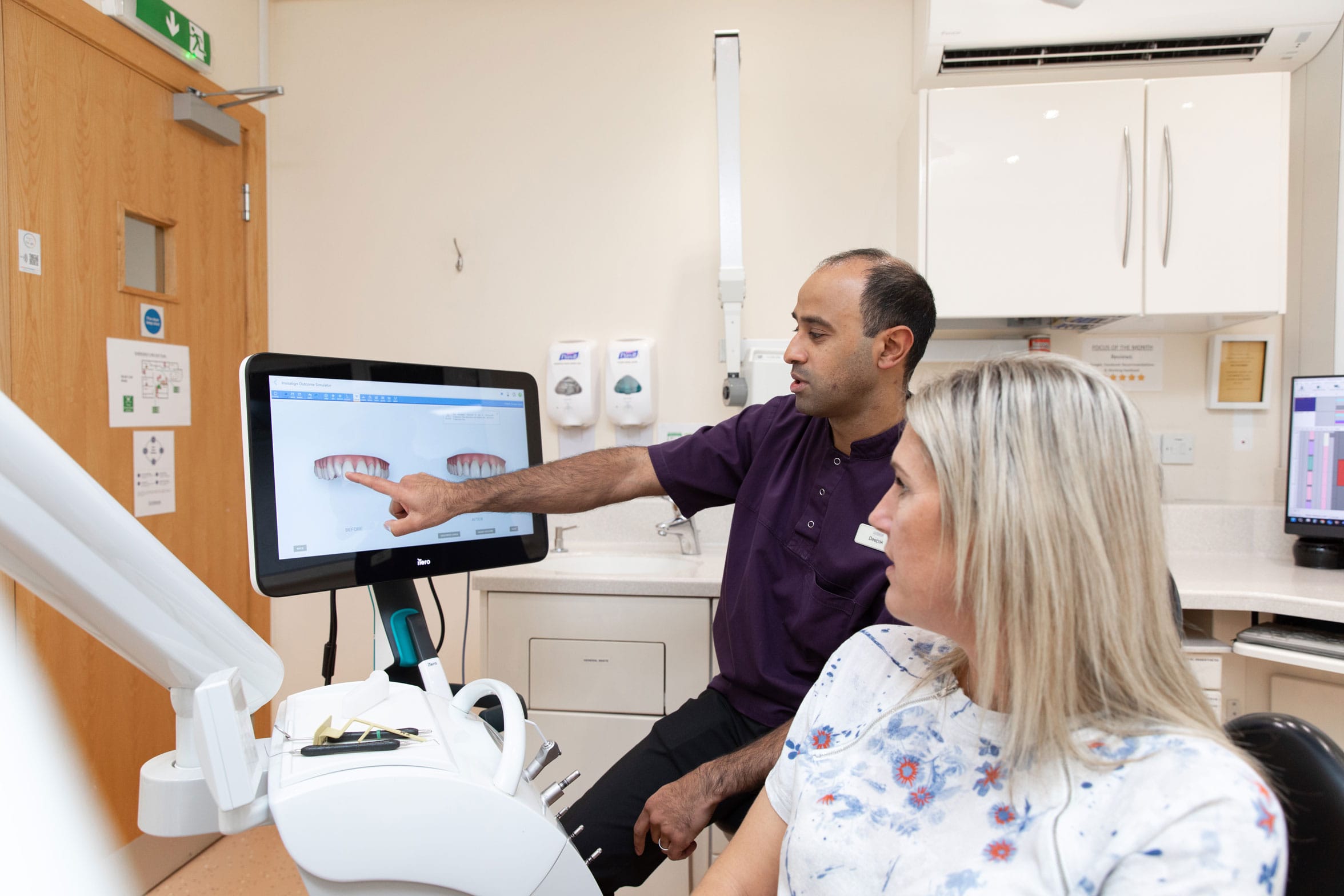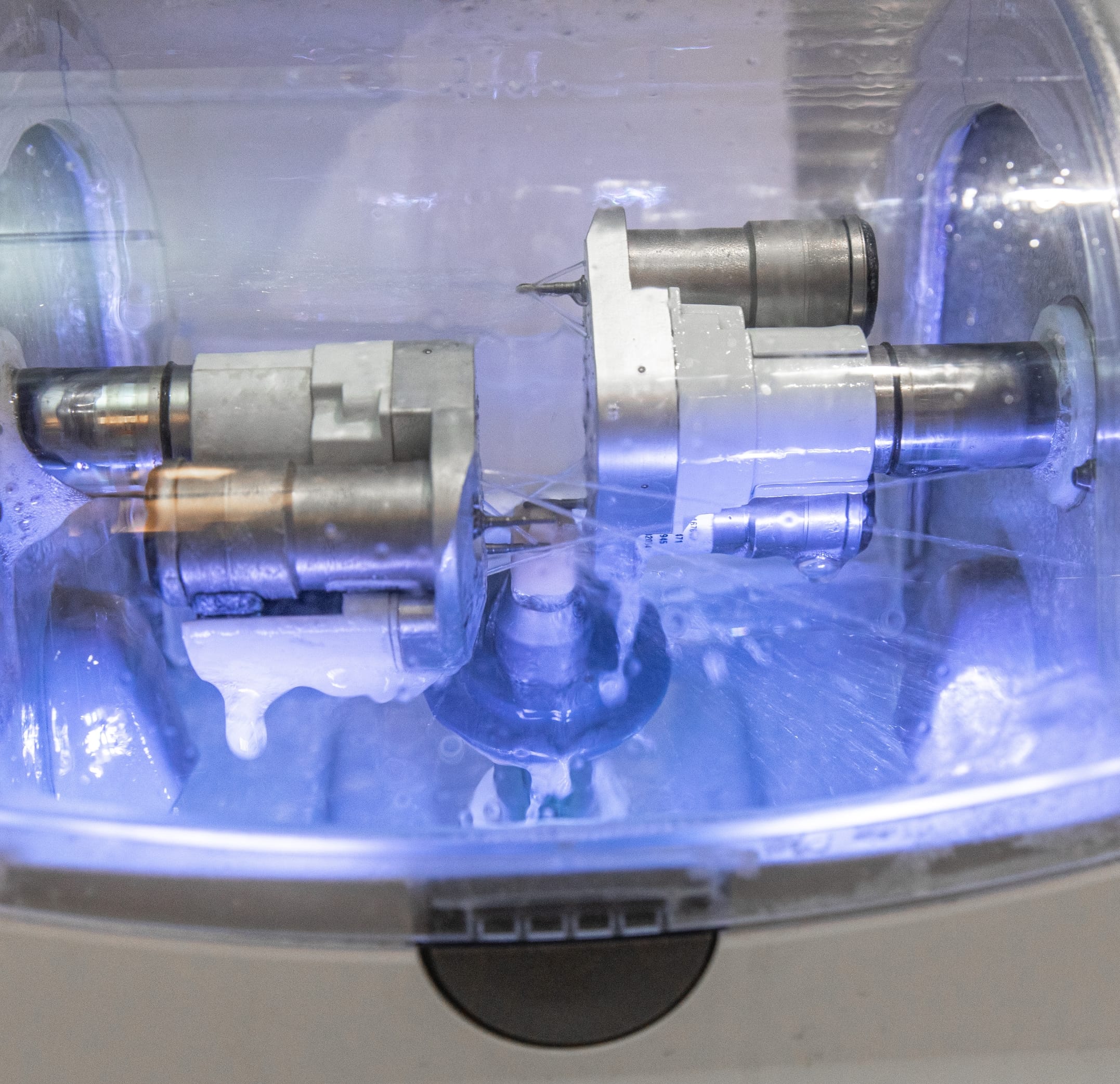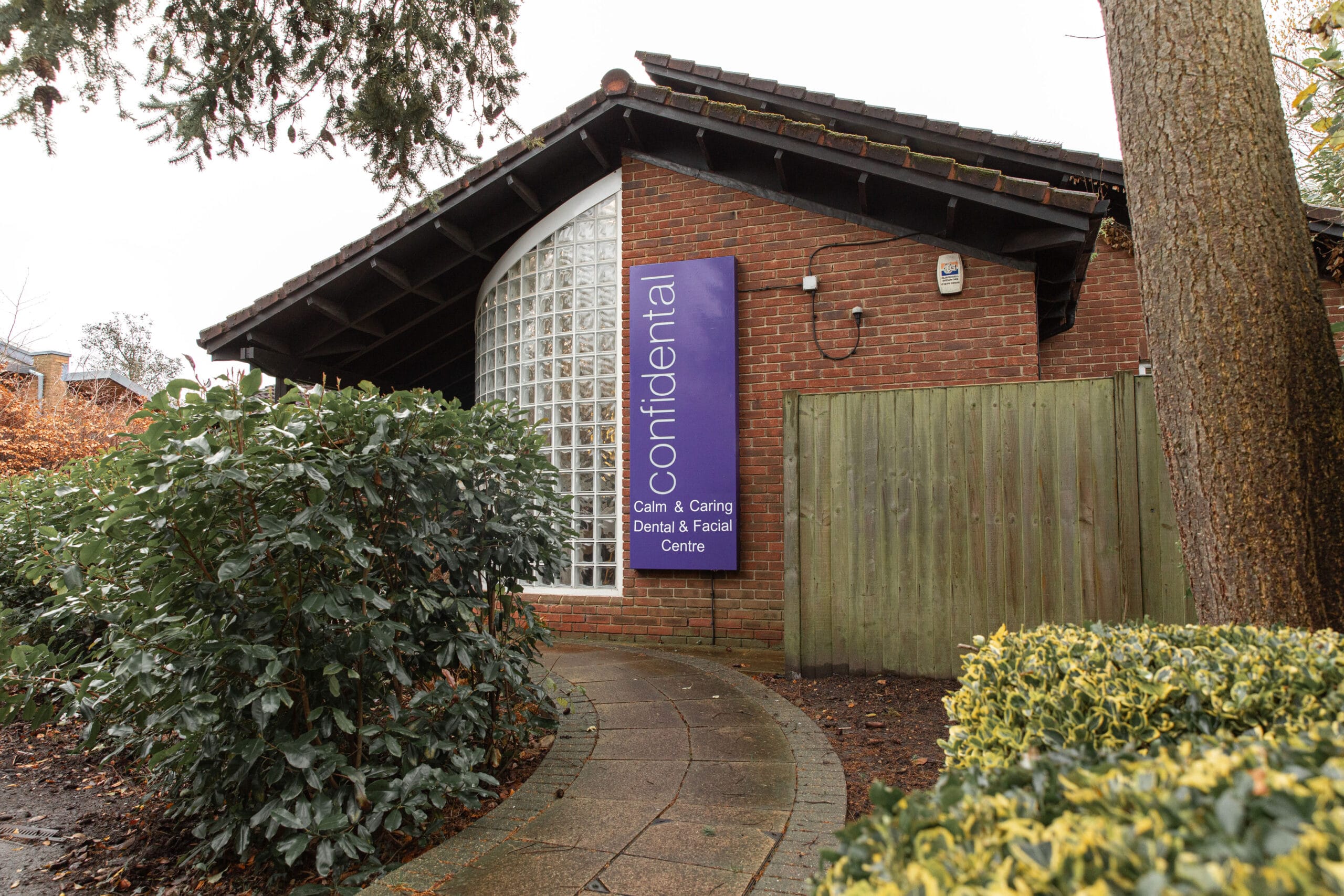E-max metal free crowns at Confidental
We use all-ceramic E-max crowns at Confidental, giving many advantages over traditional dental crowns. E-max crowns have excellent aesthetics, function, and longevity, making them a superior option.
Traditional porcelain crowns often use a metal base to support the porcelain. While this method is strong, it can sometimes look unnatural. E-max crowns are a newer technology that eliminates the need for a metal base. Made entirely of porcelain, they can mimic the natural look and feel of a real tooth. E-max crowns are designed to be both strong and aesthetically pleasing, and we are pleased to offer them at our practice.




